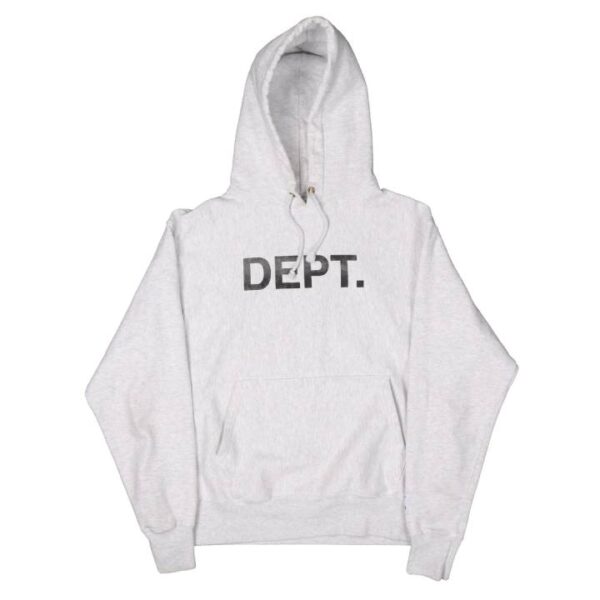Water, the source of life, is both captivating and potentially perilous. Whether it’s a serene lake, a crystal-clear pool, or the vast expanse of the ocean, water demands respect and caution. In this blog, we will dive into the importance of water safety resources and explore invaluable resources that can be instrumental in ensuring a safe aquatic experience for all. Let’s embark on a journey to understand, appreciate, and safeguard ourselves with the right knowledge.
Apps and Technology as Water Safety Resources
As we navigate the digital age, technology has become a valuable ally in promoting water safety. Here are some technological resources that can help keep you afloat:
SwimSafe: Your Personal Lifeguard
In the era of smartphones, there’s an app for almost everything, including water safety. SwimSafe is one such app that serves as a virtual lifeguard. It provides real-time information about water conditions and weather forecasts and even offers emergency response guidelines. The app also includes tutorials for beginners and advanced swimmers, ensuring users of all skill levels benefit from its features.
With features like location-based weather alerts and in-app emergency services contact, SwimSafe is a comprehensive tool that can significantly enhance your safety in and around water.
Wearable Water Safety: The Rise of Smart Life Jackets
Innovation in water safety extends beyond apps to physical wearables. Smart life jackets are equipped with sensors that can detect changes in water pressure, body position, and even vital signs. These jackets can send alerts to a connected device if there’s any indication of distress, providing an added layer of safety, particularly for individuals engaged in water activities alone.
As technology continues to advance, these smart life jackets are becoming more accessible, offering an extra layer of protection for those who love water sports or spend considerable time near water.
Community Vigilance: Local Initiatives for Water Safety
Water safety is a shared responsibility that extends beyond personal knowledge. Community initiatives play a crucial role in creating a culture of vigilance. Here are some resources that empower communities to prioritize water safety:
Community Water Watch Programs
Community Water Watch programs involve local residents in monitoring water conditions in lakes, rivers, and other bodies of water. These programs empower communities to identify and report potential hazards promptly. Regular training sessions and workshops ensure participants are well-equipped to recognize signs of trouble and take appropriate action.
By actively participating in a Community Water Watch program, individuals contribute to the overall safety of their community’s water resources and create a network of support for emergencies.
Public Awareness Campaigns
Public awareness campaigns are instrumental in reaching a broad audience. Local governments, non-profit organizations, and water safety advocates often organize campaigns to educate the public about the importance of water safety resources. These campaigns use various mediums, such as social media, community events, and educational workshops, to disseminate crucial information.
Participating in or supporting these campaigns not only enhances your own awareness but also contributes to the creation of a safer water environment for everyone in your community.
Emergency Preparedness: Navigating Troubled Waters
Despite our best efforts, emergencies can happen. Being prepared is key to handling these situations effectively. Here are resources that can guide you through emergency preparedness:
Coast Guard’s Boating Safety Resource Center
For those who love boating, the U.S. Coast Guard’s Boating Safety Resource Center is a treasure trove of information. From guides on navigation rules to tips on handling emergencies at sea, this resource center covers a comprehensive range of topics. It also provides downloadable checklists and safety equipment guides, ensuring boaters are well-prepared before setting sail.
Accessing these resources is not just for boat owners; anyone planning to be on or near the water can benefit from the knowledge shared by the U.S. Coast Guard.
Water Safety for Kids: Coloring Books and Beyond
Children are often the most vulnerable when it comes to water safety. Engaging them through educational and interactive resources is crucial. Many organizations, including the National Drowning Prevention Alliance, offer downloadable coloring books and educational materials specifically designed for children.
By incorporating water safety education into a child’s early learning, we build a foundation of awareness that can last a lifetime, potentially saving lives and preventing accidents.
First Aid and Emergency Response
Basic First Aid Training
Water safety extends beyond prevention to include response strategies. Basic first-aid training is indispensable. Organizations like St. John Ambulance and the American Heart Association offer courses covering CPR, wound care, and rescue techniques. Acquiring these skills can make a significant difference in critical situations.
Emergency Action Plans
Establishing emergency action plans is vital for both individuals and organizations. The Red Cross provides resources for creating customized plans tailored to specific settings, whether it’s a pool, beach, or community water event. Regular drills and rehearsals ensure that everyone involved is familiar with their roles in case of an emergency.
Community AED Programs
Automated External Defibrillators (AEDs) can be lifesaving in cardiac emergencies. Many communities have AED programs strategically locating these devices in public spaces. Familiarizing oneself with the locations of nearby AEDs can be crucial, as quick access to this technology significantly improves survival rates in cardiac incidents.
Dive into Education: Online Courses and Certifications
Swimming and Lifeguard Courses
In-depth learning experiences are vital for water safety. Institutions such as the American Red Cross and the YMCA offer online courses covering swimming techniques, lifeguard certification, and even instructor training. Completing these courses equips individuals with lifesaving skills and enhances their confidence in aquatic environments. You can even contact Float Suit, a well-known company offering training programs for children and adults.
Parental Training
Parents are the first line of defense when it comes to water safety for children. Organizations like Safe Kids Worldwide provide online resources specifically designed for parents. These cover topics ranging from selecting appropriate swimming gear to creating a water-safe home environment. Empowering parents with knowledge ensures a safer experience for children in and around water.
Educational Webinars
Stay updated on the latest water safety trends through educational webinars. Various organizations conduct webinars featuring experts in the field. These sessions delve into topics such as new rescue techniques, the importance of proper supervision, and emerging technologies in water safety. Attendees gain insights that can be applied in both personal and professional settings.
Conclusion
In conclusion, water safety is a collective responsibility that requires a combination of education, technology, community involvement, and emergency preparedness. By tapping into the wealth of water safety resources available, we can ensure that our experiences in and around water are enjoyable and safe. From the comprehensive education provided by organizations like the American Red Cross to the technological innovations such as SwimSafe, and the community-centric initiatives like Community Water Watch programs, each resource plays a crucial role in building a safety net around our aquatic adventures.
So, the next time you dip your toes into the water or set sail into the horizon, carry the knowledge and awareness provided by these resources. Let water safety be a guiding beacon, allowing us to navigate the waves of life with confidence, respect, and, above all, safety. If you are looking for reliable trainers for your kids or yourself, we recommend contacting Float Suit for their professional swimming services.





